Gallery: What are tech, business, and academic leaders saying about the explosive growth of AI?
Image 1 of 11
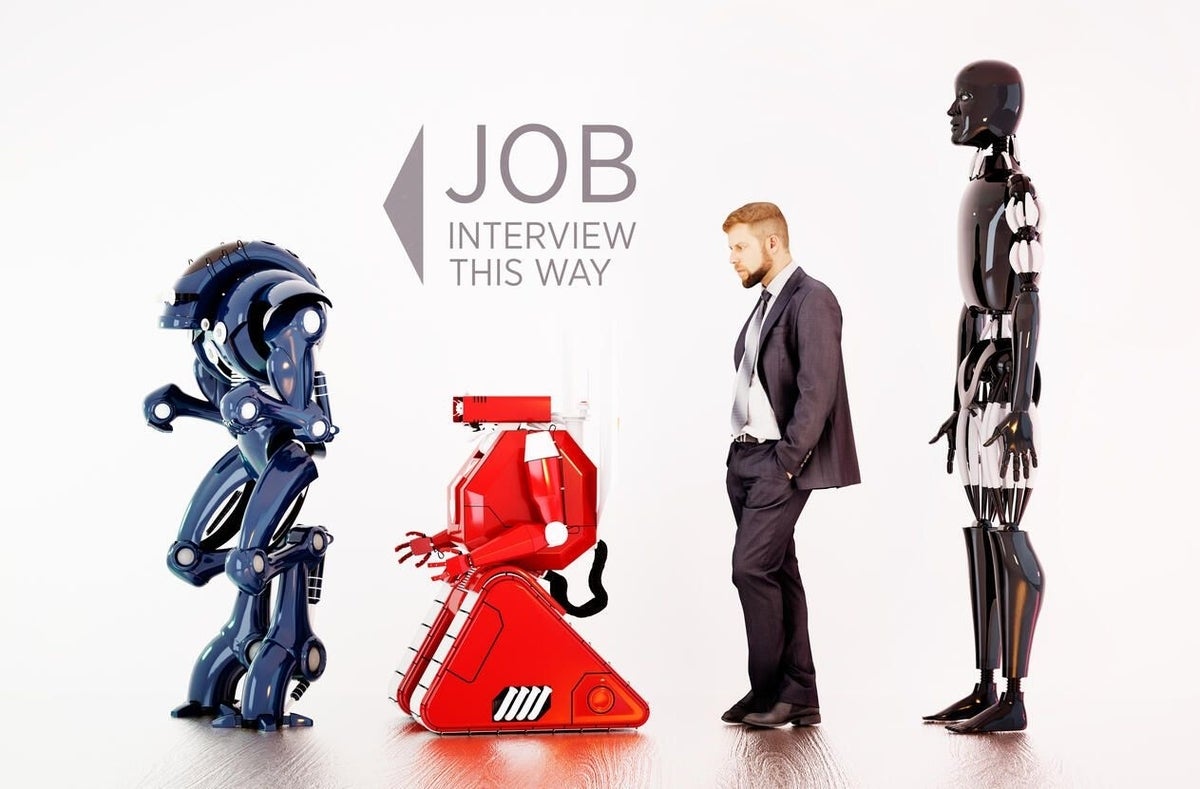

AI and automation: They're the future
AI and automation: They're the future
Checkout kiosks, autonomous delivery robots, smart grocery stores, self-driving taxis, manufacturing tech … we need to face it: Our future looks increasingly like one in which human labor is superfluous.
President Trump has repeatedly stated that he wants to bring manufacturing jobs back to the United States, but there may be a problem: The very jobs he wants to bring back are likely going to be done by machines within the next few years.
We’re moving through a new phase of the industrial revolution and many leading business, tech, and scientific minds are sounding alarm bells to temper the unbridled optimism surrounding AI, machine learning, and automation.
Here’s what they have to say.
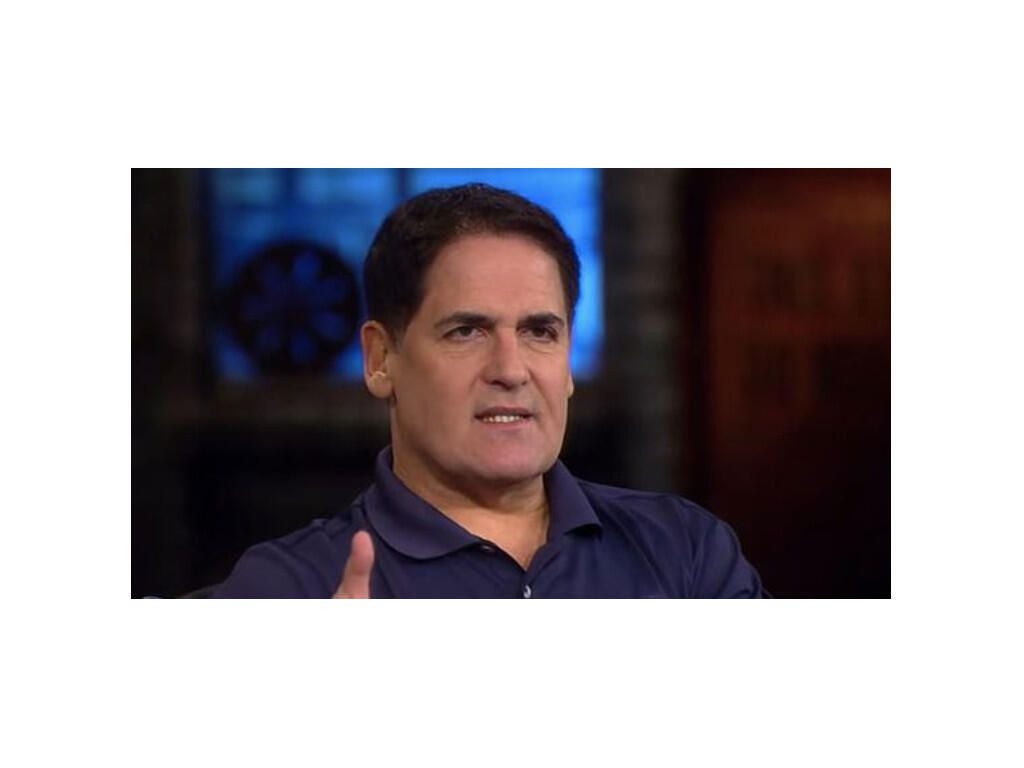

Mark Cuban: Automation is the end of manufacturing
Mark Cuban: Automation is the end of manufacturing
Cuban hasn’t been quiet about his disapproval of President Trump, and his position on automation and AI isn’t likely to bring the two any closer together. In an interview on CNBC the Dallas Mavericks owner said he doesn’t believe manufacturing can ever be brought back.
“I’m willing to bet that any of these companies that are building new manufacturing plants . . . are going to end up leading to fewer people being employed. That those companies that are building these new plants — they’re not going to end up having more employees in two or three or four years. They’re going to end up having less. And there’s nothing President Trump can do to stop that because trends in technology — machine learning, neural networks, deep learning, etc. — [are] changing the nature of work.”
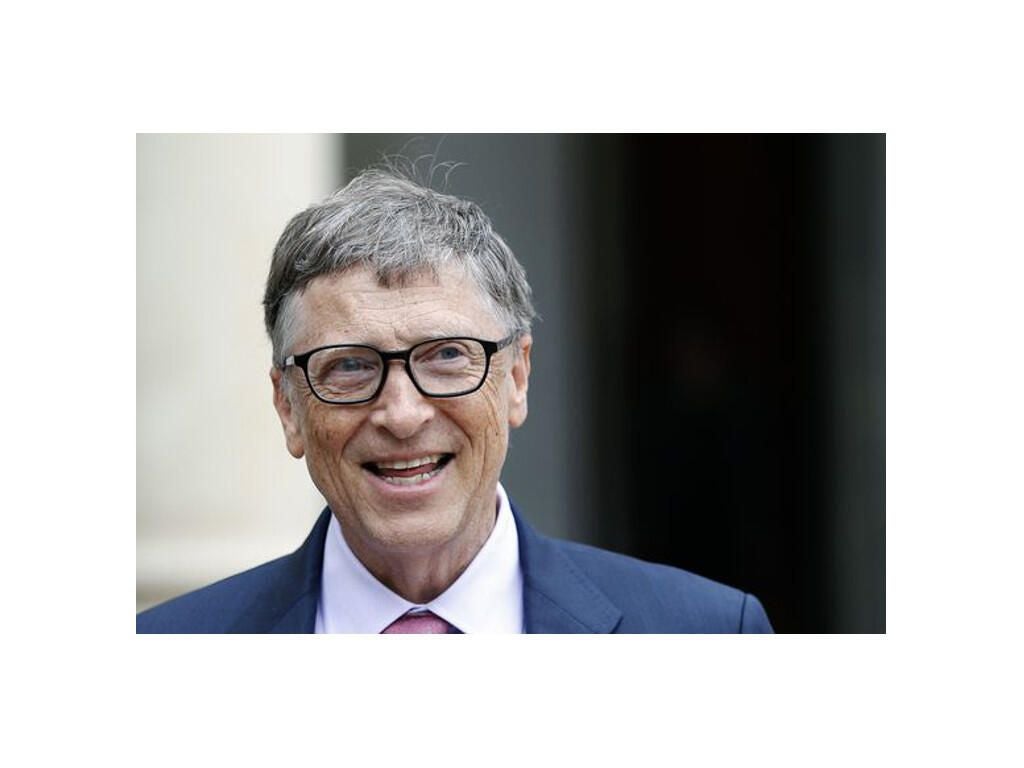

Bill Gates: We need to tax companies that use robots to replace people
Bill Gates: We need to tax companies that use robots to replace people
Microsoft founder Bill Gates has had a lot to say about AI and automation over the years. In 2015 he said that machines replacing humans in the workplace would be relatively unintelligent at first, but “a few decades after that though the intelligence is strong enough to be a concern … and [I] don’t understand why some people are not concerned.”
More recently Gates said he supports taxing machines that replace workers in order to offset the loss of income tax revenue, and he isn’t alone in that belief. That should certainly make some people nervous: It means that displaced workers may not be able to find other income to be taxed.
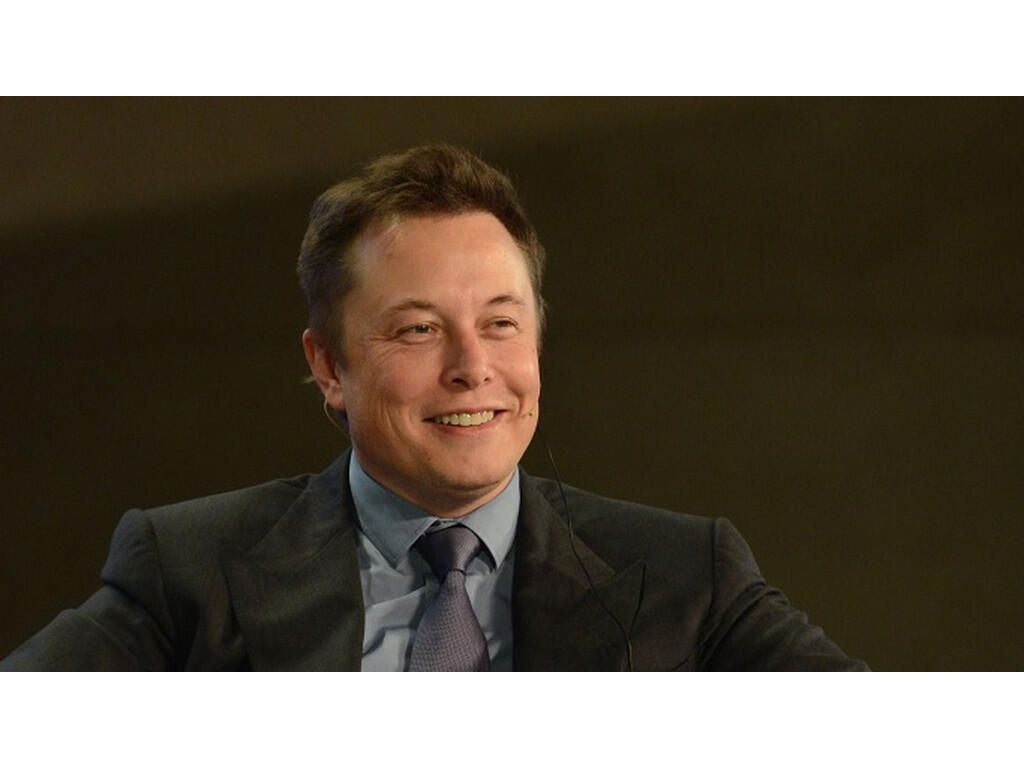

Elon Musk: We're probably building Skynet
Elon Musk: We're probably building Skynet
The Tesla founder is another who is pessimistic about the growth of AI and automation despite the fact that his businesses are investing in it.
“AI is much more advanced than people realize. It would be fairly obvious if you saw a robot walking around talking and behaving like a person… What’s not obvious is a huge server bank in a vault somewhere with an intelligence that’s potentially vastly greatly than what a human mind can do. And its eyes and ears will be everywhere, every camera, every device that’s network accessible… Humanity’s position on this planet depends on its intelligence so if our intelligence is exceeded, it’s unlikely that we will remain in charge of the planet.”
Musk’s statement seems a bit apocalyptic–let’s hope his Skynet-esque predictions aren’t true.
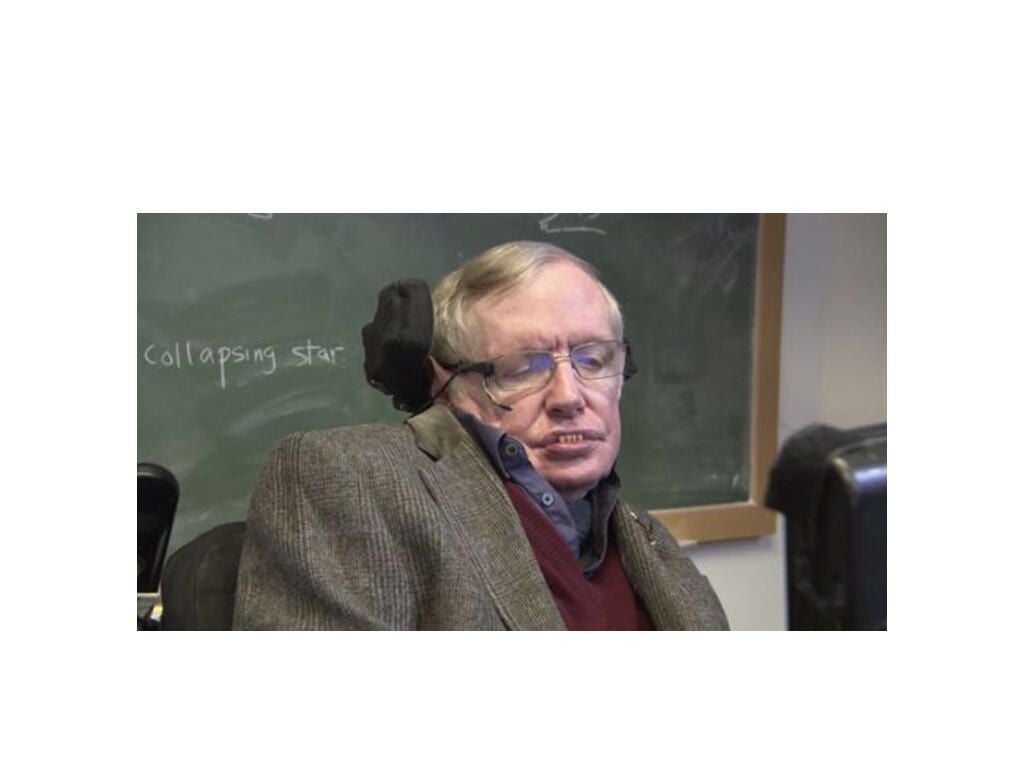

Stephen Hawking: AI might be our last innovation unless we act cautiously
Stephen Hawking: AI might be our last innovation unless we act cautiously
Stephen Hawking is another AI doomsayer, though he does temper it with some optimism: He says AI could be the greatest advancement in human history.
“Unfortunately, it might also be the last, unless we learn how to avoid the risks. In the near term, world militaries are considering autonomous-weapon systems that can choose and eliminate targets; the UN and Human Rights Watch have advocated a treaty banning such weapons. In the medium term … AI may transform our economy to bring both great wealth and great dislocation.”
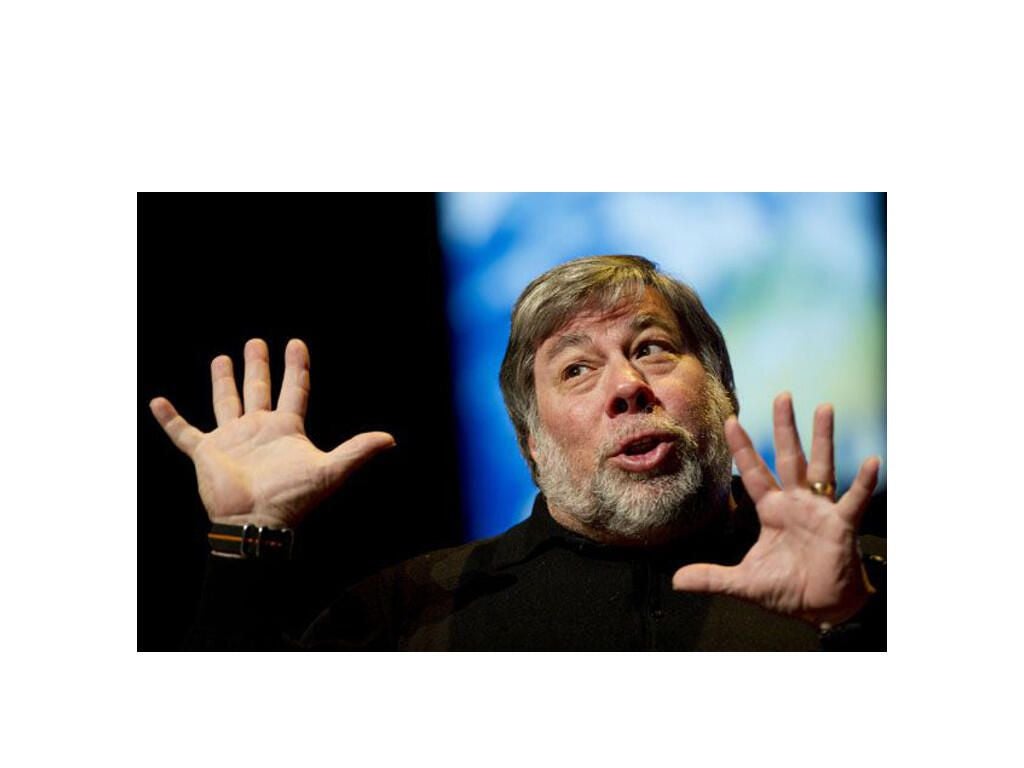

Steve Wozniak: It's happening, it's helpful, and there's no point in fighting it
Steve Wozniak: It's happening, it's helpful, and there's no point in fighting it
The Woz has been an early adopter and tech pioneer since the early days of Apple and he shows no signs of becoming more cautious in his older age. “Everything we develop it’s to help us in some way so we can do less mental work,” he said while speaking at an Alltech conference in 2016. That optimism is typical of Steve Wozniak, though he does think there are philosophical reasons to be concerned.
“What is a person? What are you? You are all the connections in your brain. What if all those things have been mapped out on the web and it remembers better than your own mind does. Are you here, or are you out there more. It’s a scary thought. Where is humanity going? It doesn’t bother me because it’s the new way. You can’t stop it. If you try to stop a big steamroller you get squished.”
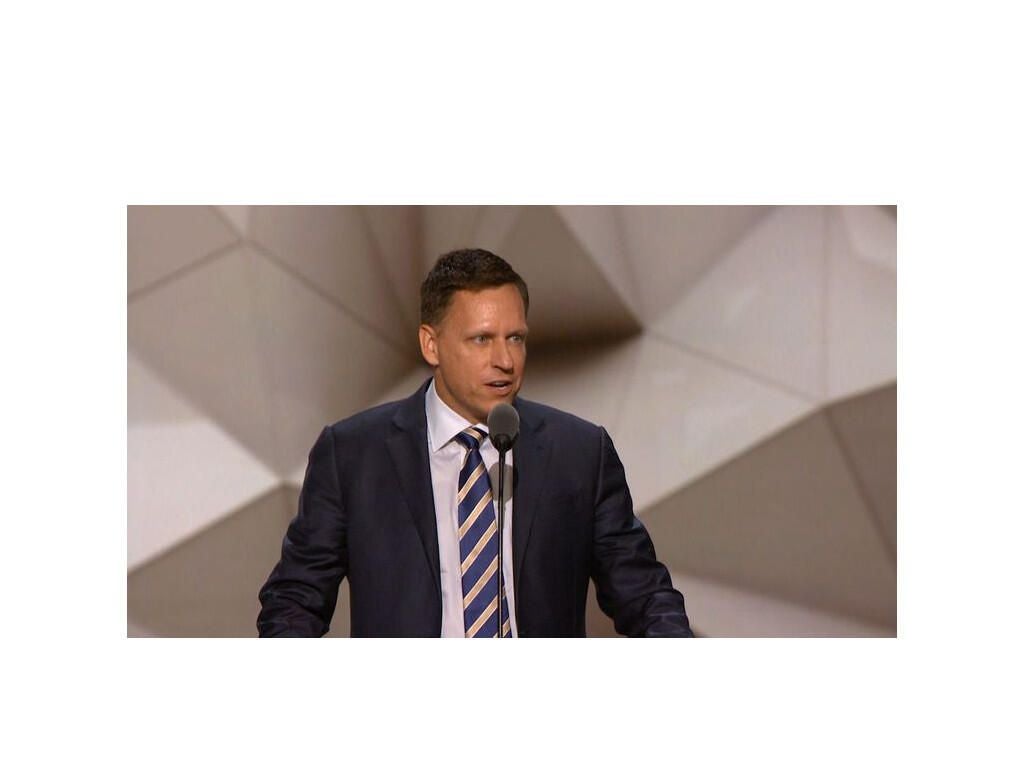

Peter Thiel: Automation won't destroy the middle class
Peter Thiel: Automation won't destroy the middle class
PayPal Founder Peter Thiel doesn’t think automation will take out jobs. Rather, he said in 2015, “[automation eliminating jobs is] a problem we would like to have…It would free people up to do far more productive things.”
What those more productive things are is unclear, as is how those jobs would be created. Regardless, he says, it’s not a legitimate concern. “Middle class jobs in the U.S. are not threatened by artificially-intelligent robots. That’s like science fiction. It might happen in 100 years, maybe never.”
Note he said middle class jobs–those who are concerned about their retail, food service, or other low-paying jobs getting eliminated don’t seem to be covered by Thiel’s attempts to allay fears.
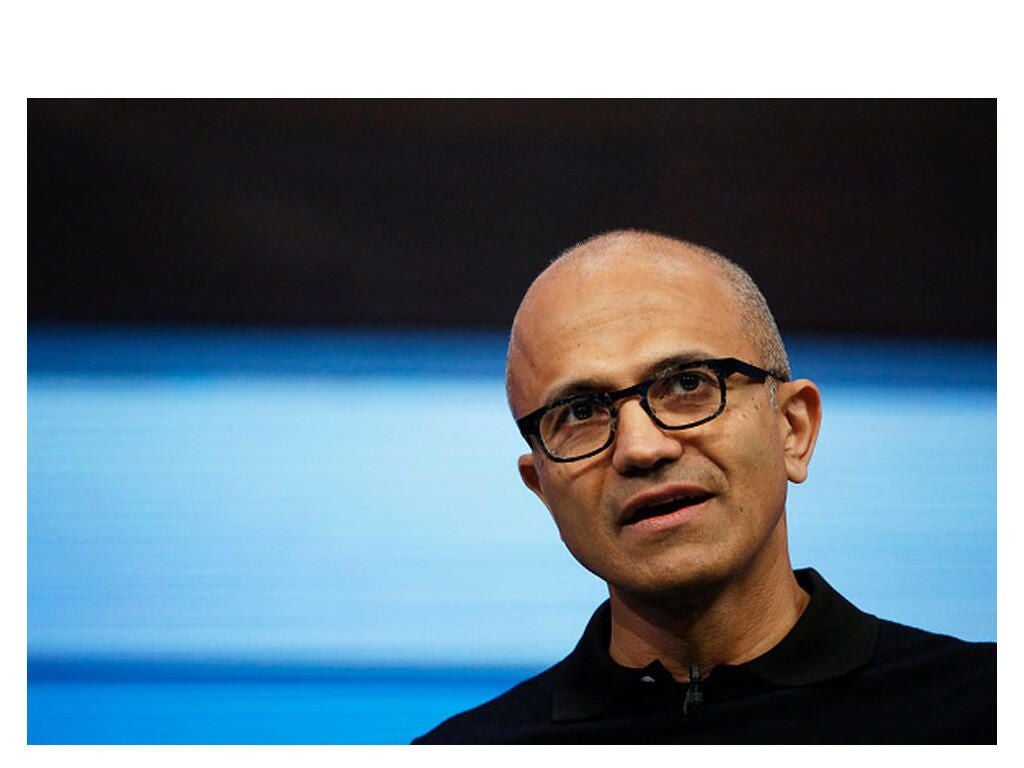

Satya Nadella: The good/bad dichotomy misses the point: AI will help us
Satya Nadella: The good/bad dichotomy misses the point: AI will help us
Microsoft CEO Satya Nadella unveiled Microsoft’s 10 rules for AI in 2016 and tried to refocus the dialog surrounding it at the same time.
“The beauty of machines and humans working in tandem gets lost in the discussion about whether AI is a good thing or a bad thing,” he wrote in Slate. His optimistic position focuses more on how we can collaborate with AI and create a harmonious relationship early.
Maybe if we’re nice to it we could stop it from wanting to enslave us?
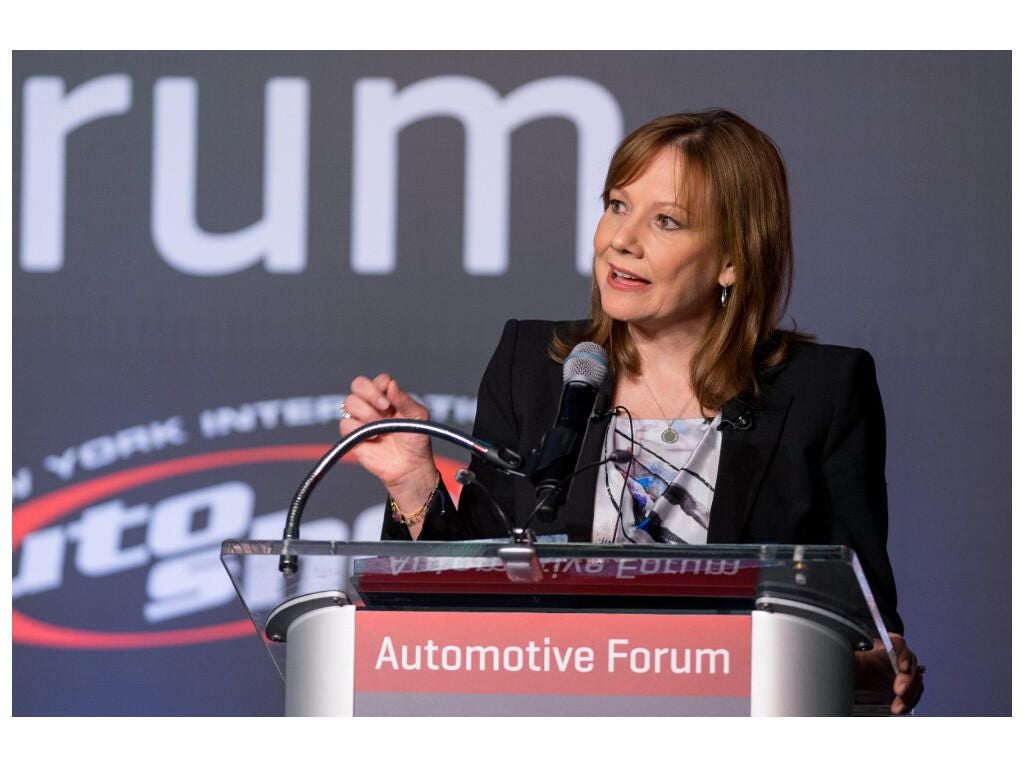

Mary Barra: We can't know for sure what will happen, but we can prepare
Mary Barra: We can't know for sure what will happen, but we can prepare
General Motors CEO Mary Barra has been responsible for major changes at the Detroit-based auto manufacturer. She’s partnered with Girls Who Code, has been a major proponent of automation and future tech, and she also thinks that we can nip the problems of automation in the bud by teaching the right skills to young people.
“I think for a certain demographic of American families that are not living below the poverty line, what is now becoming the working poor, I think they realize that their young daughters–and their sons quite frankly–need to learn a skill set that is going to never go away, and I think that they see that in technology.”
Whether it’s jobs on the GM factory floor or anything else that an intelligent machine may soon be doing there’s no reason that worker has to go unemployed: They need to learn to control the tech that killed their last position, she said.
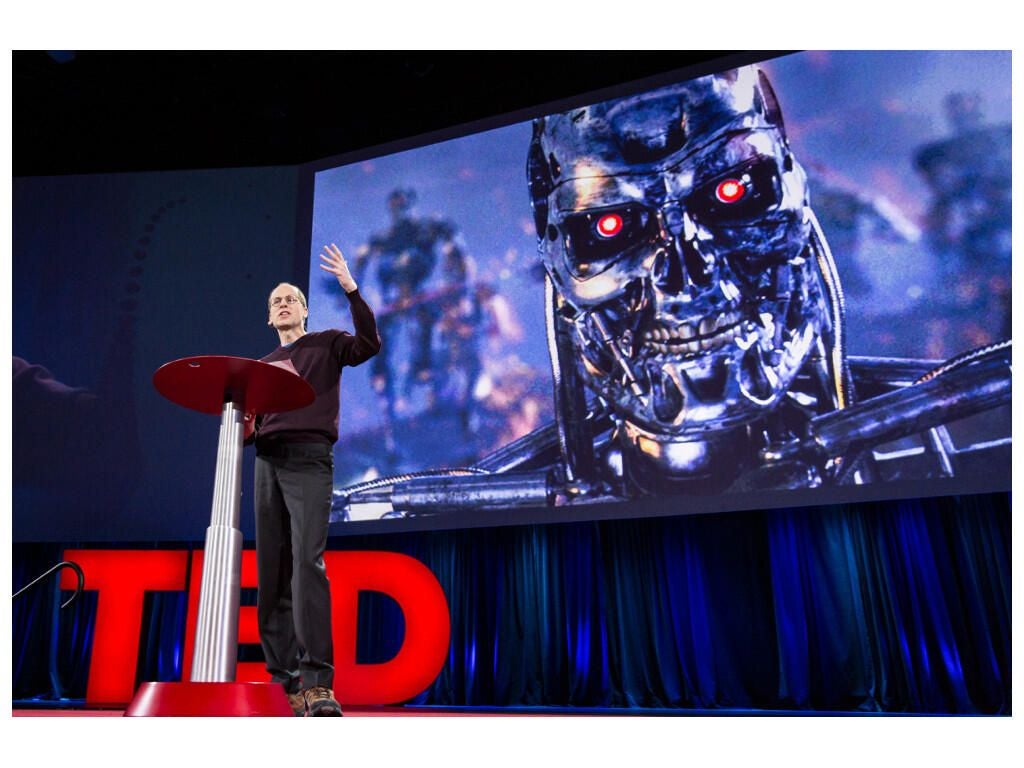

Nick Bostrom: The AI revolution will have a larger impact on the world than the emergence of modern humans
Nick Bostrom: The AI revolution will have a larger impact on the world than the emergence of modern humans
Nick Bostrom is a philosopher and the head of Oxford University’s Future Of Humanity Institute. You may not know him by name but that doesn’t mean he hasn’t had a major impact on the thought around AI and automation.
In his book Superintelligence: Paths, Dangers, Strategies he warns of the risk of being caught off guard by a superintelligent AI. If we hinder its advancement, he said, “it might seize control …” to accomplish its objectives.
We need to take the time now to account for possible outcomes that AI and automation may have. “You don’t want to be in a situation where, in 30 years, they’re here–and then we start thinking about the consequences.”
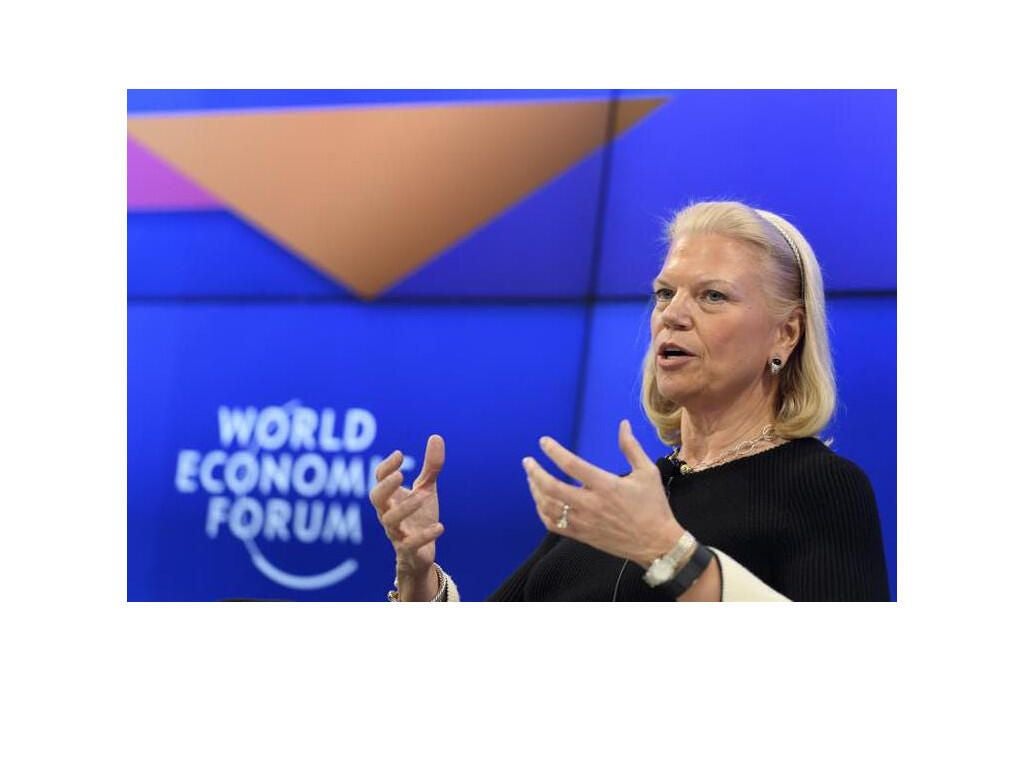

Ginni Rometty: AI won't replace human labor, only augment it
Ginni Rometty: AI won't replace human labor, only augment it
IBM CEO Ginni Rometty isn’t an AI pessimist: She doesn’t really think that AI will replace people. Rather, AI and automation will eliminate much of the tedium of jobs, even highly skilled ones. The trick, she says, will be adapting the world of education and expectation to our new AI-assisted world.
“We’ve seen it in the past [when people stopped] doing farming, they had to learn to read. The industrial area, it was mechanical skills,” she told CNBC, adding that AI presents another shift toward high-tech jobs as the new normal.
She calls this emerging job classification “new collar” because it’s something that hasn’t existed before: A human employee who exists to keep robots working smoothly, much like robots used to do for humans performing manual labor.
-
-
Account Information
Contact Brandon Vigliarolo
- |
- See all of Brandon's content